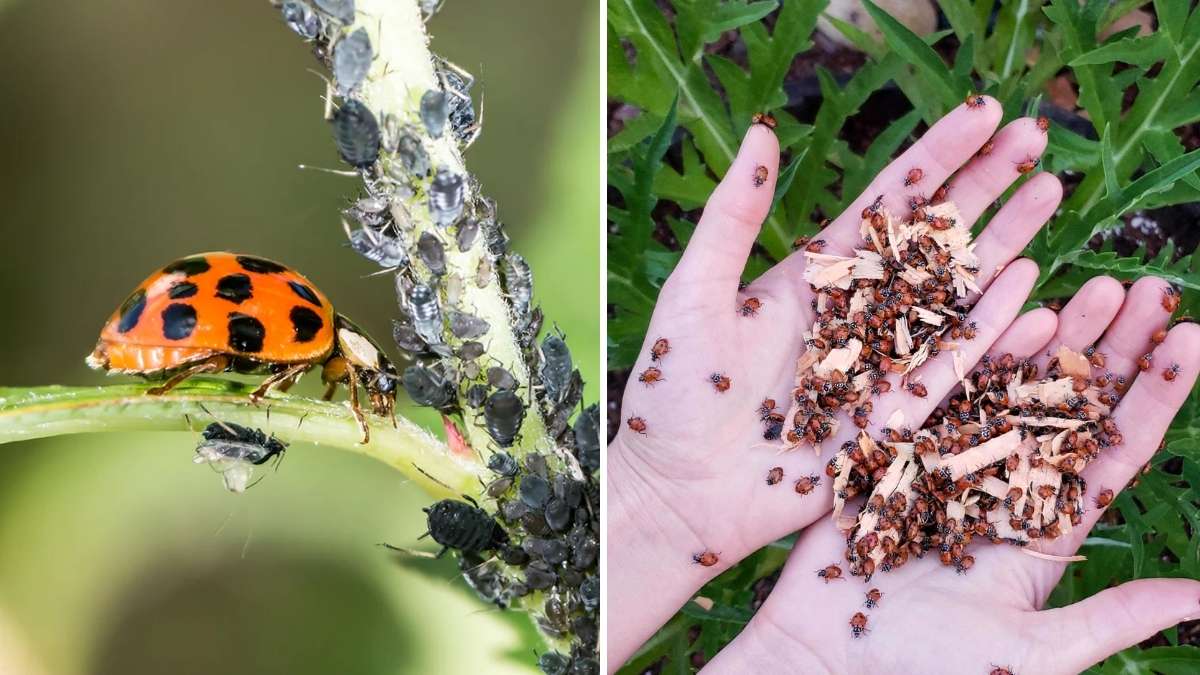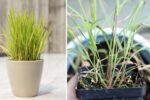Gardening is a rewarding hobby, but pests can quickly turn a thriving garden into a battlefield. Many gardeners want to avoid using chemical pesticides that can harm beneficial insects, pollinators, and the environment. Fortunately, there are several organic methods to keep pests out of your garden while maintaining a healthy, eco-friendly environment. Here are the top 10 organic methods that can help protect your garden from unwanted pests.
1. Encourage Beneficial Insects
One of the most natural ways to control pests is by encouraging beneficial insects to visit your garden. Ladybugs, lacewings, and predatory beetles feed on aphids, caterpillars, and other pests. To attract these helpful creatures, plant a variety of nectar-rich flowers like marigolds, sunflowers, and lavender. Additionally, providing habitat areas such as small piles of leaves or rocks can give beneficial insects a safe space to rest and reproduce.
2. Use Diatomaceous Earth
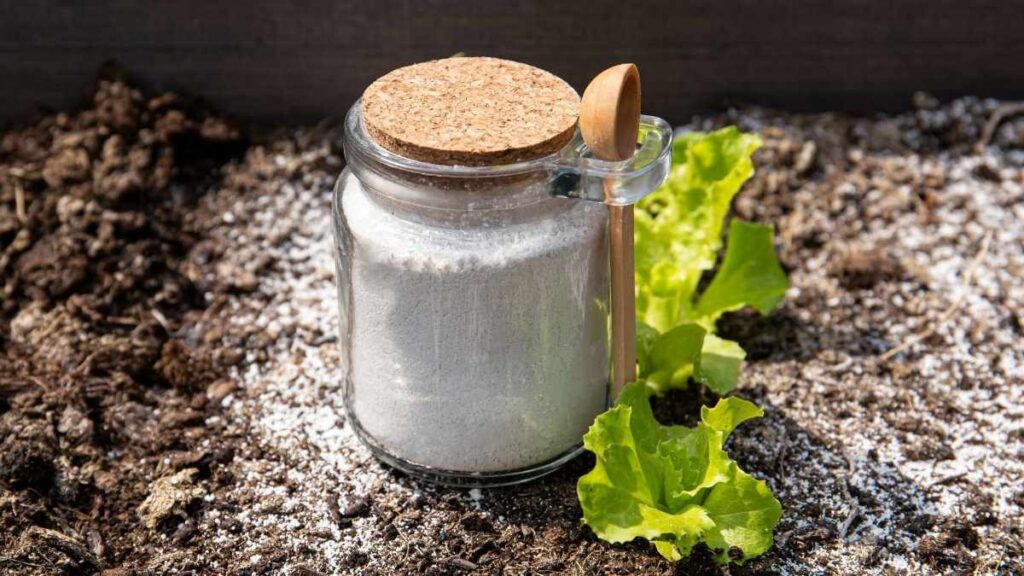
Diatomaceous earth (DE) is a fine powder made from the fossilized remains of marine phytoplankton. When sprinkled around plants, DE acts as a physical barrier for pests like slugs, ants, and aphids. The tiny, sharp particles pierce the exoskeletons of insects, causing them to dry out and die. It’s completely non-toxic to humans and pets but should be applied in dry weather to be effective.
3. Plant Pest-Repellent Herbs
Certain herbs have natural pest-repellent properties that can help keep unwanted visitors away. Plants like basil, mint, rosemary, and thyme emit strong scents that pests find unpleasant. Placing these herbs strategically around your garden can discourage pests like mosquitoes, aphids, and cabbage worms. They also add flavor and fragrance to your cooking, making them a win-win for gardeners.
4. Create Physical Barriers

Physical barriers, such as row covers, mesh netting, and fences, can effectively keep pests away from your plants. Row covers are especially useful for protecting crops like lettuce, spinach, and cabbage from insects like flea beetles and whiteflies. Mesh netting can be used to protect fruit trees from birds and larger animals. Just be sure to remove the covers when plants are flowering to allow pollination to occur.
5. Companion Planting
Companion planting is the practice of growing different plants close to each other that can benefit one another in various ways, including pest control. For instance, planting marigolds alongside tomatoes can help deter nematodes, while planting garlic near roses can keep aphids at bay. Other examples include planting nasturtiums with cucumbers to deter cucumber beetles or basil with peppers to keep mosquitoes away. This natural method leverages the power of plants to create a harmonious garden environment.
6. Neem Oil

Neem oil, derived from the neem tree, is a potent natural pesticide that works by disrupting the life cycle of insects. It is effective against a wide range of pests, including aphids, spider mites, and whiteflies. Neem oil works by interfering with the insects’ ability to reproduce and feed. It is safe for humans, pets, and beneficial insects when used properly and is an ideal solution for those looking for an organic pest control option.
7. Homemade Garlic and Chili Spray
A simple and cost-effective organic solution for pest control is a homemade garlic and chili spray. Both garlic and chili peppers have strong scents and compounds that repel pests. To make the spray, blend a few cloves of garlic and a couple of hot peppers with water, then strain the mixture and spray it onto your plants. This spray can be particularly effective for deterring aphids, ants, and even larger pests like deer and rabbits.
8. Crop Rotation
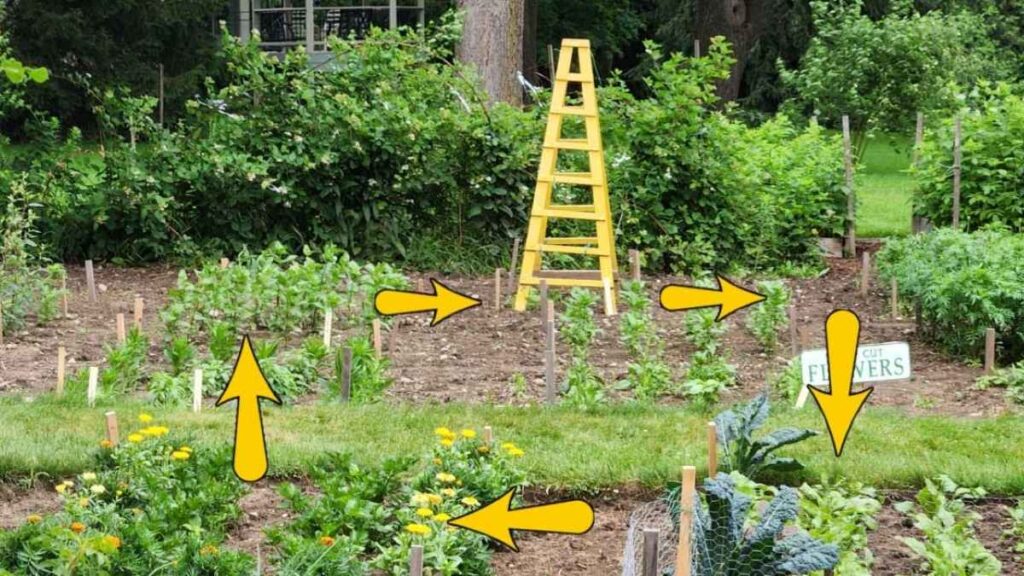
Crop rotation involves changing the location of plant species in your garden from year to year. This practice helps prevent the buildup of pests and diseases that target specific plants. For example, if you grow tomatoes in one bed one year, plant beans or carrots in that same spot the next year. Rotating crops disrupts the life cycle of pests, preventing them from establishing a strong presence in any one area of your garden.
9. Keep Your Garden Clean
A tidy garden is less inviting to pests. Regularly remove weeds, fallen leaves, and decaying plant matter, as these can attract pests like snails, slugs, and fungal diseases. Cleaning up after harvest, especially when it comes to removing old vegetable plants, helps reduce the places where pests can hide and breed. Proper garden maintenance goes a long way in keeping your plants healthy and pest-free.
10. Attract Birds to Your Garden
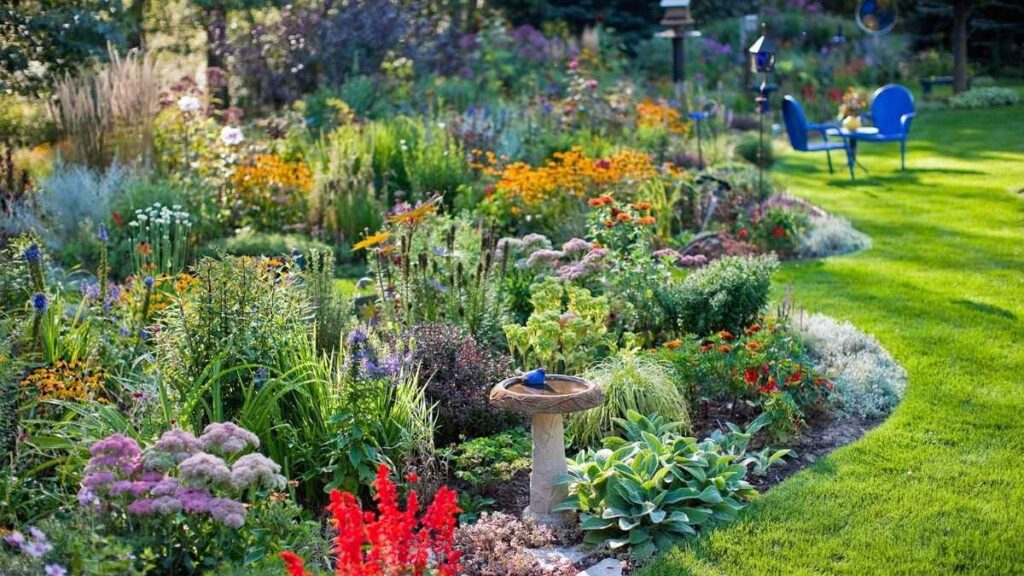
Birds are natural predators of many garden pests, including caterpillars, beetles, and even small rodents. By creating an inviting environment for birds, you can help control pest populations without resorting to chemicals. Install birdhouses, bird baths, and feeders to attract local bird species. Native plants, particularly those that produce berries and seeds, can also provide food for birds and encourage them to stick around.
Conclusion
Gardening organically doesn’t mean letting pests take over your plants. With the right strategies and tools, you can keep your garden flourishing and pest-free while staying in harmony with nature. From encouraging beneficial insects to using simple homemade sprays, these methods are not only effective but also safe for the environment. By implementing these organic pest control techniques, you’ll enjoy a healthier, more sustainable garden year after year.
